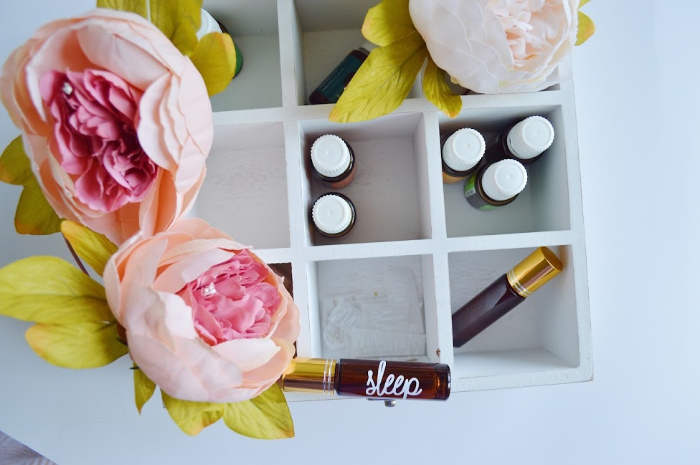
The History of Essential Oils
Essential oils have become a popular trend among people who want more natural remedies to everyday issues. Oils like ylang ylang and Bulgarian rose essential oil are commonly used in skin care, and oils such as lavender and frankincense are popular for stress relief.
Despite the growing popularity of essential oil companies in the last decade or so, this is not the first time the product has been used. In fact, the use of essential oils for their healing benefits may date back as far as 5,000 BC. But their rich history doesn’t stop there.
Greek roots

Aristotle, an ancient Greek philosopher, is the man credited with the idea that the world is composed of only five elements: earth, wind, water, fire, and spirit. And during his studies, he believed that this “spirit” could be extracted from plants and used for healing.
Hippocrates, who was known as the “Father of Medicine”, also studied plants for healing. And he derived much of his knowledge from Greek soldiers, who learned about these healing methods from their travels. Hippocrates is quoted often from his writing, “The way to health is to have an aromatic bath and scented massage every day.”
Chinese roots
China has always been far ahead of other cultures in the area of herbal medicine. In fact, Chinese ruler Shennong wrote one of the oldest medical texts available, called Shennong’s Herbal.
He tested many herbs on himself to determine their medical value and recorded his findings in this document. Unlike other cultures, Chinese medicine has only expanded their knowledge and use of essential oils over the centuries.
Indian roots
It’s widely believed that India is where the Greek soldiers’ knowledge of plant-based medicine came from. And they may even be the first to ever use it. Literature from as far back as 2,000 BC records the use of oils such as sandalwood, cinnamon, and myrrh to treat their patients.
But holy basil is possibly the root of these discoveries, as it is considered holy and sacred in their culture. This plant is grown natively in India and used for worship as offerings. But they also use it to reduce stress, and is also worshipped as an entity itself.
Egyptian roots

The ancient Egyptians who are often credited as the first to use essential oils for things like skin care and spiritual well-being. In these early days, which were believed to begin around 3,500 BC, Egyptian culture began to use aromatherapy as a gateway to spiritual well-being.
They would use it in both religion and magic, believing the vapor carried their prayers to the deities. The Egyptians also used the aromatics to create perfumes and cosmetics. In fact, a solid perfume made of spikenard was found in King Tut’s tomb, and was said to still be strongly fragrant.
Scientific roots
Despite rumors and evidence that essential oils and botanical extracts were used much earlier, one of the earliest proven documents found is by Ibn Al-Baitar. Baitar was a botanist and pharmacist who lived from 1188-1248, who carefully documented his trials with these substances.
He is also credited with creating the experimental science methods still used today. This method is what led to the documentation of certain health benefits of botanicals.
Biblical roots
The Bible has many references to essential oils throughout its passages. But perhaps the most famous is the tale of the three wise men who brought frankincense and myrrh to present to the infant Jesus.
Additionally, in the book of Exodus, God gave Moses a specific blend for anointing oil. It includes myrrh, cinnamon, and cassia. And the infamous perfume that Mary Magdalene poured on Jesus’ feet is believed to have been made with essential oils.

How Are You, Really?
You May Also Like

What are the Consequences of Violating HIPAA Rules?
June 23, 2022
How To Give Each Household Member A Chore To Help While Moving
October 19, 2022

One Comment
Amy D
I’ve only started using essential oils over the past couple of years. It seems like they just started getting popular. I didn’t realize that they have been used all over the world for centuries. This is really interesting history. It’s amazing that they were able to find so many healing properties without all the technology we have today.